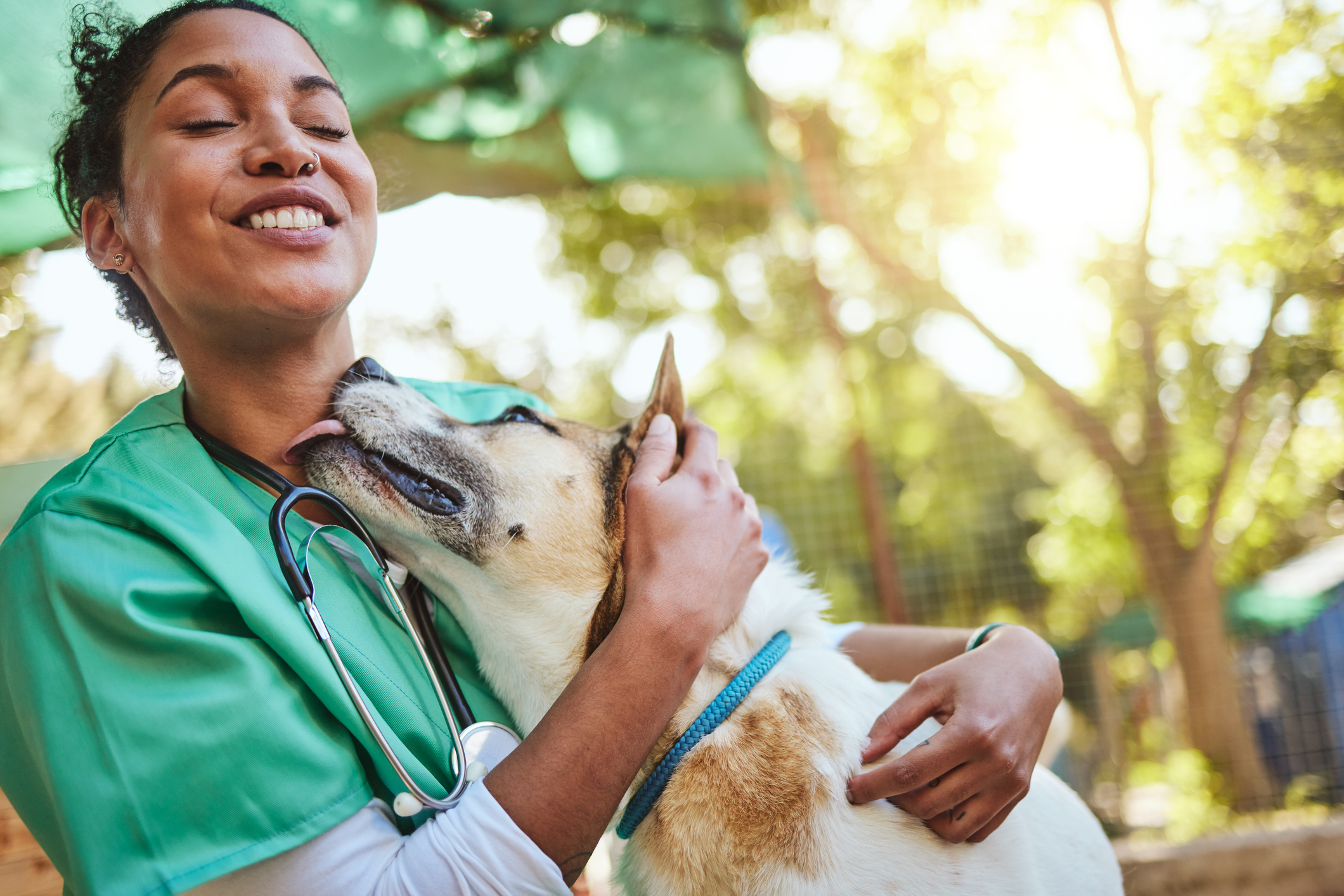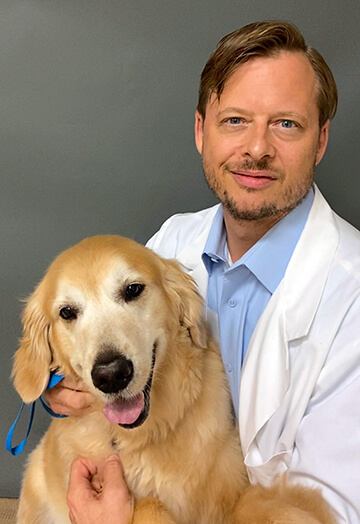Inoculation Standards From Your Relied On Veterinarian
Inoculation standards given by your relied on vet play an essential role in safeguarding your animal's wellness and health. In addition, dealing with typical misconceptions surrounding vaccines can further improve animal owners' confidence in these preventative procedures.

Relevance of Vaccinations
Inoculations play a pivotal role in protecting pet dogs against a variety of avoidable conditions. By boosting the body immune system to recognize and fight certain pathogens, vaccines substantially minimize the incidence of contagious conditions that can affect a pet dog's wellness and long life. Not only do inoculations shield private pets, yet they additionally add to herd immunity, thereby lowering the general prevalence of diseases in the animal population.
Timely inoculations help to reduce the spread of conditions such as rabies, parvovirus, and distemper, which can have severe repercussions for both animals and people. In addition, inoculations are usually a demand for boarding centers, grooming services, and pet dog parks, making them necessary for those that wish to mingle their animals.

Core Vaccines for Family Pets
While the particular inoculation needs of animals can differ based upon specific aspects, core injections are universally suggested to secure against the most usual and severe conditions (Pet Health Checkup). Core vaccines are those regarded essential for all pet dogs, no matter their way of life or geographic location, as they guard against potentially fatal and very infectious health problems
For canines, the core vaccines include those for canine distemper, parvovirus, adenovirus (hepatitis), and rabies. Adenovirus can result in liver illness, while rabies is a zoonotic disease that presents a danger to both family pets and people.
In cats, core injections include feline panleukopenia, feline calicivirus, feline herpesvirus (rhinotracheitis), and rabies. Feline panleukopenia is a very contagious viral condition that impacts the body immune system and intestinal tracts. Calicivirus and herpesvirus are major factors to upper respiratory system infections in pet cats, while rabies continues to be an essential problem for public health and wellness.
Seek advice from your vet to guarantee your animals receive their core inoculations on time.
Non-Core Vaccines Explained
Non-core injections are tailored to attend to particular risks connected with a pet dog's exposure, way of living, and setting to certain illness. Unlike core injections, which are globally advised for all animals, non-core vaccinations are thought about based on private scenarios. These vaccines are especially vital for pets that may encounter distinct microorganisms as a result of their geographical location, traveling habits, or tasks.
Examples of non-core vaccines include those for Bordetella bronchiseptica, which is linked to kennel cough, and Lyme illness, triggered by ticks. Pet dogs that frequently connect with various other animals, such as those in boarding centers, pet parks, or grooming original site settings, may take advantage of Bordetella vaccination. In a similar way, if you reside in an area where Lyme illness is widespread, vaccinating against this condition can be a sensible choice for outdoor-loving dogs.
Other non-core vaccinations may consist of those for leptospirosis, canine flu, and feline leukemia, depending on the certain danger variables existing. It is vital to have a complete discussion with your vet concerning your family pet's way of living and the potential need for these vaccinations, making sure a tailored inoculation method that finest secures your furry close friend.
Vaccination Schedule Summary

As animals develop, it is essential to stick to the recommended booster vaccinations. Pet Health Checkup. For adult animals, core vaccines are commonly provided each to 3 years, relying on the particular injection and regional regulations. Non-core vaccines may be recommended based upon lifestyle aspects and regional illness frequency, requiring a customized strategy
Normal vet exams are crucial for updating vaccination schedules. Your veterinarian can give guidance on the most suitable booster shots for useful link your animal, considering age, health condition, and ecological risks. By staying aggressive and educated, family pet proprietors can guarantee their hairy buddies receive reliable and prompt inoculations, consequently safeguarding their health and health throughout their lives.
Usual Myths About Vaccinations
False impressions concerning pet vaccinations can cause confusion and unwillingness among pet owners concerning the booster shot process. One widespread myth is that vaccinations are unnecessary for interior pets. While it's true that indoor pets face reduced risks, they are not entirely immune to illness, as pathogens can be introduced via different means, consisting of human clothes and various other family pets.
One more misunderstanding is that injections can create the illness they aim to stop. Actually, the majority of vaccinations have suspended or attenuated microorganisms, which can not cause condition in healthy and balanced pets. Some pet owners also believe that their pet dogs ought to not be vaccinated if they are currently healthy; nonetheless, vaccinations are a proactive action that assists prevent the onset of illness.
Additionally, numerous animal proprietors fear that vaccinations will certainly result in long-term health complications. While negative effects can take place, they are short-term and normally light. The benefits of vaccination-- securing animals from potentially deadly diseases-- far surpass the threats. Comprehending these common myths is essential for liable pet ownership and guaranteeing the health and wellness and safety of your fuzzy buddies. Constantly consult your vet for precise information customized to your pet dog's certain needs.
Conclusion
In recap, adherence to vaccination standards is crucial for making sure the health and longevity of family pets. Core vaccinations give important defense versus significant conditions, while non-core vaccines address certain threats based upon individual lifestyles. Developing an extensive inoculation timetable, together with routine vet check-ups, assists in optimum health monitoring. Resolving typical misconceptions bordering inoculations further strengthens the value of educated decision-making in pet dog treatment. Ultimately, an aggressive method to inoculations is crucial for maintaining animal well-being.
Not only do vaccinations protect individual pets, but they click to find out more likewise add to herd resistance, consequently reducing the general occurrence of diseases in the family pet population.
Misconceptions regarding pet vaccinations can lead to complication and hesitation amongst pet dog owners pertaining to the booster shot process. While it's real that indoor pets deal with lower risks, they are not totally immune to diseases, as microorganisms can be presented via different means, including human clothing and various other pets.
Some animal proprietors likewise think that their pet dogs should not be immunized if they are currently healthy; nonetheless, vaccinations are an aggressive step that helps protect against the beginning of illness.
The advantages of inoculation-- protecting animals from potentially life-threatening illness-- far exceed the threats.
Comments on “What to Expect During a Detailed Pet Health Checkup at Your Neighborhood Vet”